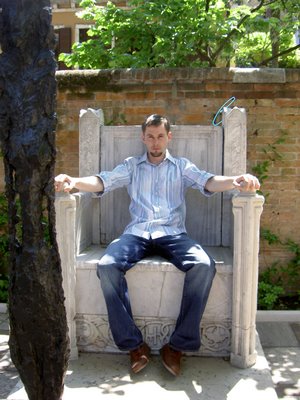Pantheism, literally, means "God is All" and "All is God". It is the view that everything is of an all-encompassing immanent God; or that the universe, or nature, and God are equivalent. More detailed definitions tend to emphasize the idea that natural law, existence and/or the universe (the sum total of all that is was and shall be) is represented or personified in the theological principle of 'God'.
An oft-cited feature of pantheism is that each individual human, being part of the universe or nature, is part of God. One issue discussed by pantheists is how, if this is so, humans can have free will. In answer, the following analogy is sometimes given (particularly by classical pantheists): "you are to God, as an individual blood cell in your vein is to you." The analogy further maintains that while a cell may be aware of its own environs, and even has some choices (freewill) between right and wrong (killing a bacteria, becoming malignant, or perhaps just doing nothing, among countless others) it likely has little conception of the greater being of which it is a part. Another way to understand this relationship is the Hindu concept of Jiva, wherein the human soul is an aspect of God not yet having reached enlightenment, after which it becomes Atman.
However, it should be noted that not all pantheists accept the idea of free will, with determinism being particularly widespread among naturalistic pantheists. Although individual interpretations of pantheism may suggest certain implications for the nature and existence of free will and/or determinism, pantheism itself does not include any requirement of belief either way. However, the issue is widely discussed, as it is in many other religions and philosophies.
Saturday, January 01, 2005
Subscribe to:
Post Comments (Atom)
News
Loading...

No comments:
Post a Comment